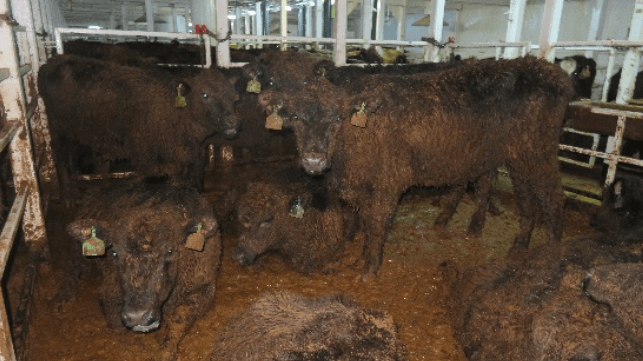New Law Will Halt All Live Seaborne Livestock Exports From New Zealand

New Zealand will stop all live exports of livestock by sea beginning in April next year thanks to a new law passed by the country’s parliament.
Minister of Agriculture Damien O’Connor said that following the passage of the bill, all exports of livestock by sea will cease after April 30, 2023. The development is intended to protect the country’s reputation for world-leading animal welfare standards.
The impending ban is the culmination of a process that started in 2019 when the government embarked on a review of the live export trade. According to O’Connor, the tragic sinking of Gulf Livestock 1 highlighted the real risks. The livestock carrier sank in September 2020, killing 41 crewmembers and around 6,000 head of cattle. Only two crewsmembers survived the disaster. The ship was under way in the East China Sea when it capsized in rough seas due to Typhoon Maysak. The ship had departed Napier Port, New Zealand the month before.
“The Animal Welfare Amendment Bill future-proofs our economic security amid increasing consumer scrutiny across the board on production practices,” said O’Connor.
New Zealand government data show that in the first half of this year, the country exported 50,440 live animals, which were all destined to China. Napier is the leading exporting port, handling about three quarters of the consignments. During the period, fatalities stood at 23. In 2021, the country exported 134,722 live animals with 86 reported dead. China remained the sole market.
According to O’Connor, New Zealand’s remoteness means animals are at sea for extended periods, heightening their susceptibility to heat stress and other welfare-associated risks. Although players in the trade have made improvements over recent years, the voyage times and the journey through the tropics to the northern hemisphere markets have continued to pose challenges despite the regulatory measures put in place.

that matters most
Get the latest maritime news delivered to your inbox daily.
“The National Animal Welfare Advisory Committee supported the ban. There are different opinions on its long-term value among farmers, how it affects New Zealand’s commitment to animal welfare and our image in the eyes of international consumers,” he noted.
The impact of the ban on export flow is expected to be small, considering that live exports by sea represented approximately 0.6 percent of primary sector exports last year. During the year, New Zealand’s primary sector exports stood at $30 billion.
